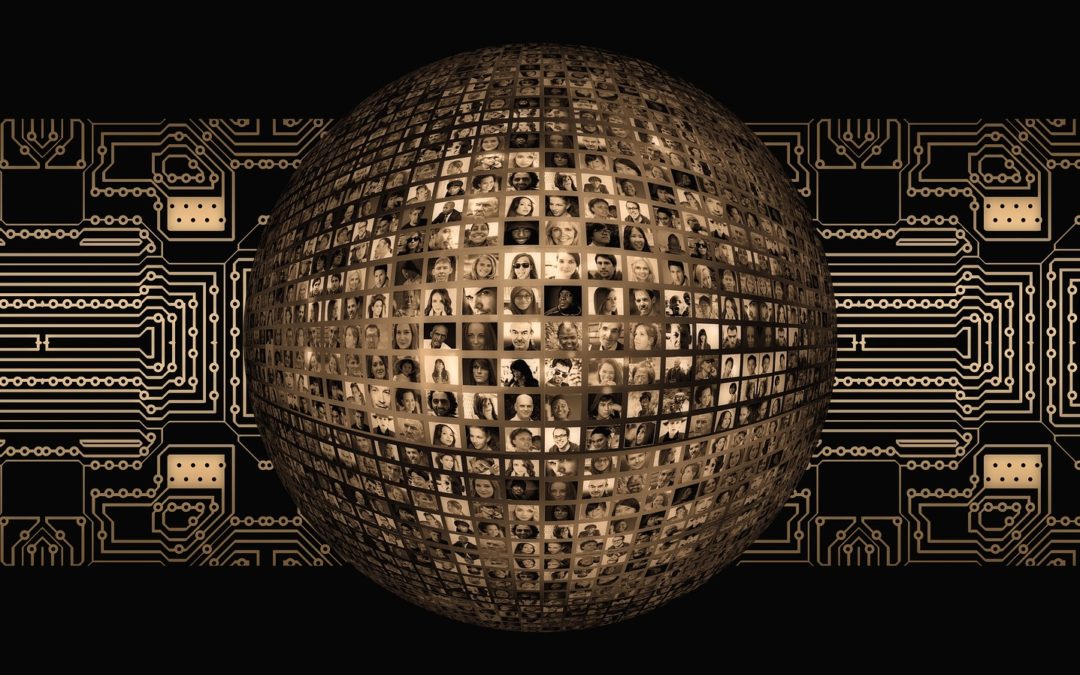
by admin | Mar 22, 2018 | Bribery risk assessment, Controls, Europe, Mining, Oil and gas, Risk assessments, Tendering procedures, Tools
A lack of transparency and accountability in the awarding of mining sector licences, permits and contracts – the first stage in the mining value chain – is a root cause of corruption in the mining sector. Yet other initiatives to improve governance and prevent corruption in extractive industries (oil, gas and mining) do not focus fully or exclusively either on the mining sector or this stage of the value chain.
This tool fills this gap by helping users to identify and assess the underlying causes of corruption in mining sector awards – the corruption risks that create opportunities for corruption and thereby undermine the lawful, compliant and ethical awarding of mining sector licences, permits and contracts.

by admin | Mar 22, 2018 | ABC terms library, Africa, Agriculture, Arms, defence & military, Banking & finance, Civilian aerospace, Code of Conduct and policies and procedures, Consumer services, Ethical code of conduct, Fisheries, Forestry, Government of Canada Resource, Heavy manufacturing, Information technology, Light manufacturing, Mining, Oil and gas, Pharmaceutical & health care, Power generation & transmission, Public works & Construction, Real estate, property, legal and business services, Structuring an Anti-Corruption compliance program, Telecommunications, Tools, Transportation & storage, Utilities, What is an Anti-Bribery / Corruption (ABC) compliance program
The CSR Standards Navigation Tool is designed to
help Canadian companies, civil society organizations,
communities, Corporate Social Responsibility (CSR)
practitioners and host country governments more easily
access the best practices and guidance outlined in the
six international standards endorsed by the Government
of Canada in the enhanced 2014 CSR Strategy for
the Extractive Sector, Doing Business the Canadian
Way. The CSR Standards Navigation Tool supports
the Office of the Extractive Sector CSR Counsellor’s
mandate to proactively promote CSR to Canada’s
extractive companies operating abroad and to advise
companies on how to incorporate the standards into
their operations.

by admin | Mar 22, 2018 | Agriculture, Arms, defence & military, Banking & finance, Bribery risk assessment, Civilian aerospace, Consumer services, Europe, Fisheries, Forestry, Heavy manufacturing, Information, Information technology, Light manufacturing, Mining, Oil and gas, Pharmaceutical & health care, Power generation & transmission, Public works & Construction, Real estate, property, legal and business services, Risk assessments, Telecommunications, Transportation & storage, Utilities
The EBRD’s Anti-Corruption Report describes the Bank’s strategy to promote integrity and prevent fraud and corruption, and highlights the most recent measures taken.

by admin | Mar 22, 2018 | Agriculture, Arms, defence & military, Banking & finance, Civilian aerospace, Consumer services, Europe, Fisheries, Forestry, Heavy manufacturing, Information, Information technology, IT tools that support compliance function, Light manufacturing, Mining, Oil and gas, Pharmaceutical & health care, Power generation & transmission, Public works & Construction, Real estate, property, legal and business services, Telecommunications, Transportation & storage, Utilities
The rise in cybercrime and the proliferation of so-called “fake news” on social media have soured many people on the digital revolution. However, the same novel technologies that enable these distressing trends can also help us combat corruption much more effectively.
There are several encouraging examples in Latin America, a region recently swept by major corruption scandals, where digital tools are becoming a powerful means of rooting out fraud in government and foiling unscrupulous officials and their accomplices.

by admin | Mar 22, 2018 | Agriculture, Arms, defence & military, Banking & finance, Civilian aerospace, Consumer services, Continuous improvements, Continuous learning and applying lessons learned, Europe, Fisheries, Forestry, Heavy manufacturing, Information, Information technology, Light manufacturing, Mining, Oil and gas, Pharmaceutical & health care, Power generation & transmission, Public works & Construction, Real estate, property, legal and business services, Telecommunications, Transportation & storage, Utilities
In our first blog of this two-part series, we noted that, despite recent progress, corruption in Latin America is still high. In this second blog, we look at measures to fight corruption that have worked well in other countries. Learning about these policies can provide insights to guide Latin America in the design of their anti-corruption strategies, even if the final shape of these policies will differ depending on country specifics.
We argue that a lasting solution will require sustained action on many fronts to create a major shift in societal expectations and to push countries out of the corruption trap. Improving institutions and lowering corruption go hand in hand, but this is easier said than done. Progress on paper (a better legal framework), while necessary, does not translate into results on the ground if it is not accompanied by stronger enforcement.

by admin | Mar 22, 2018 | Agriculture, Arms, defence & military, Banking & finance, Civilian aerospace, Consumer services, Continuous improvements, Continuous learning and applying lessons learned, Dealing with public officials, Europe, Fisheries, Forestry, Heavy manufacturing, Information technology, Light manufacturing, Mining, Oil and gas, Pharmaceutical & health care, Power generation & transmission, Public works & Construction, Real estate, property, legal and business services, Risk assessments, Risk-based training, Telecommunications, Tools, Training, Transportation & storage, Utilities
Corruption hinders both public and private sector productivity. It perpetuates inequality and poverty, impacting well-being and the distribution of income and undermining opportunities to participate equally in social, economic and political life.
Integrity is essential for building strong institutions and assures citizens that the government is working in their interest, not just for the select few. Integrity is not just a moral issue, it is also about making economies more productive, public sectors more efficient, societies and economies more inclusive. It is about restoring trust, not just trust in government, but trust in public institutions, regulators, banks, and corporations.











